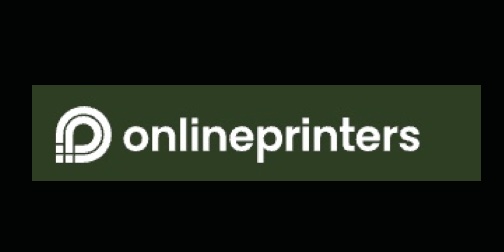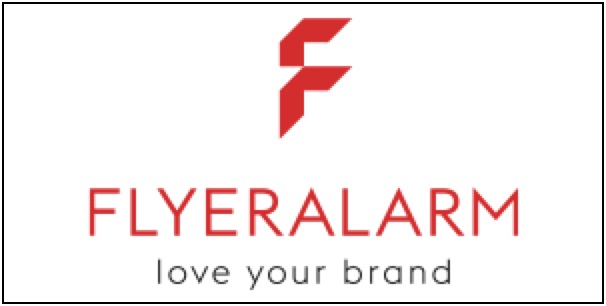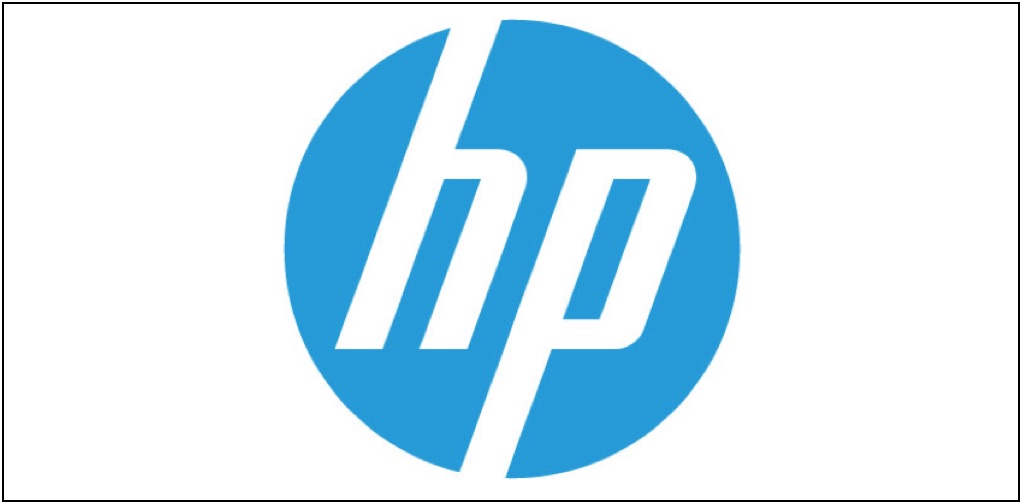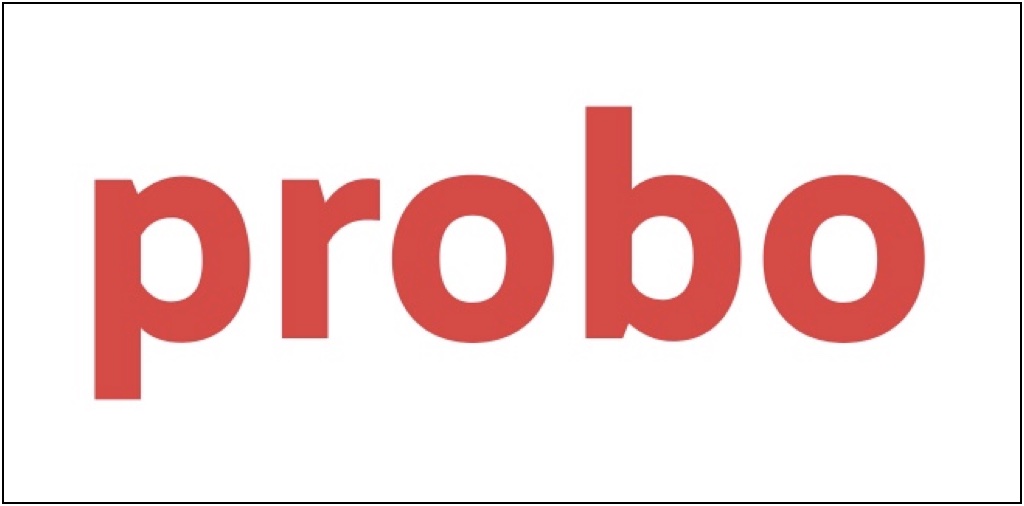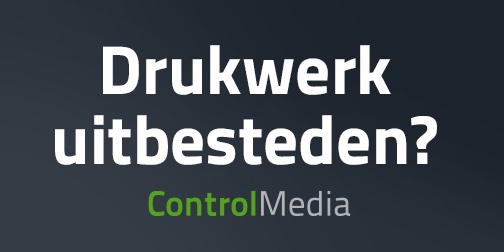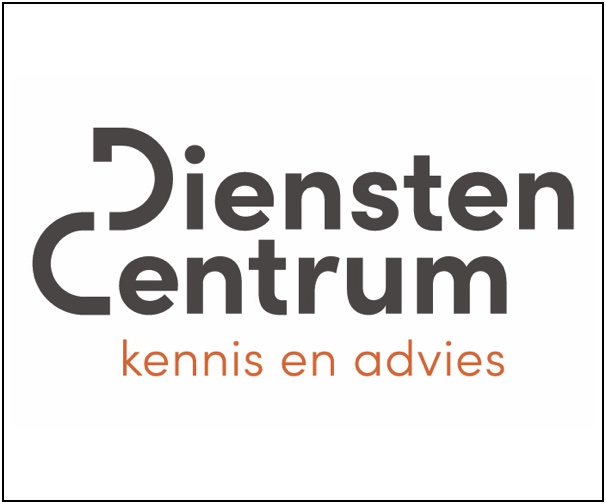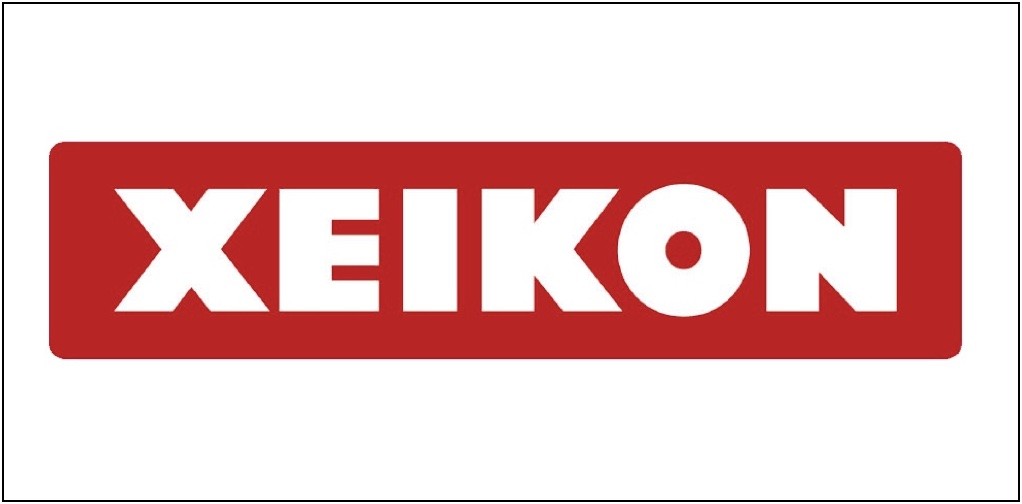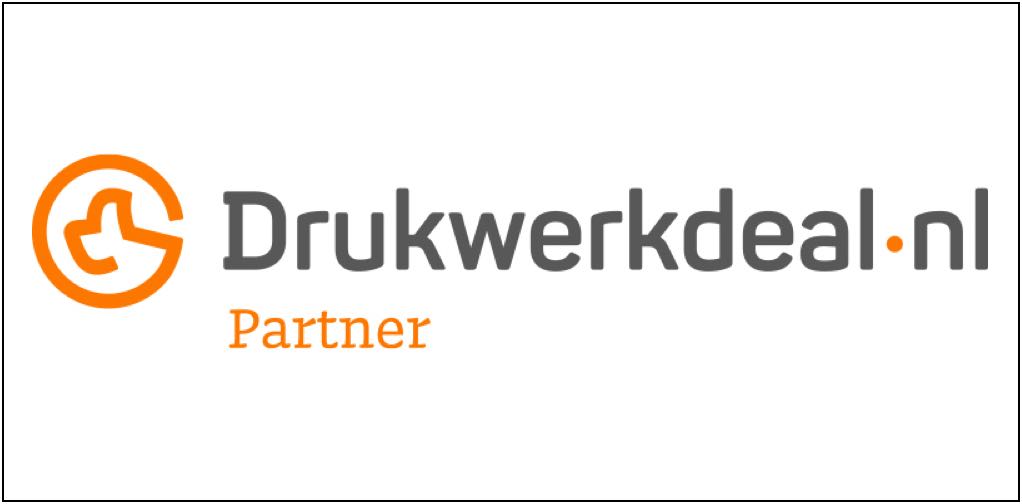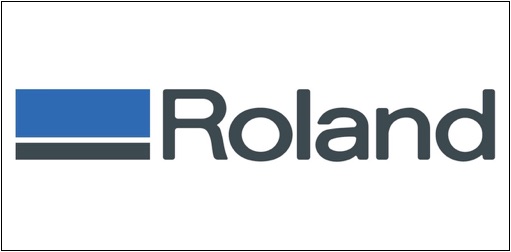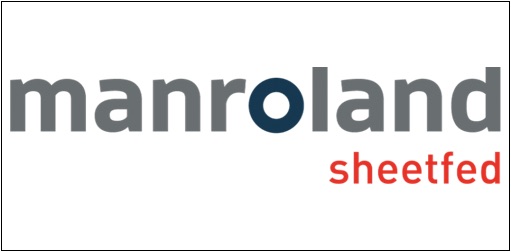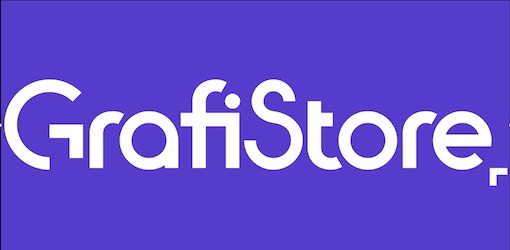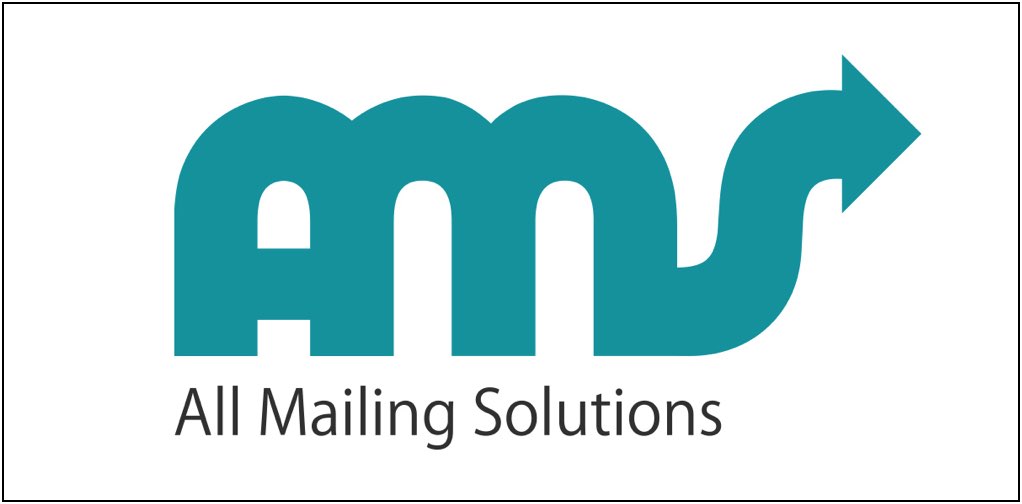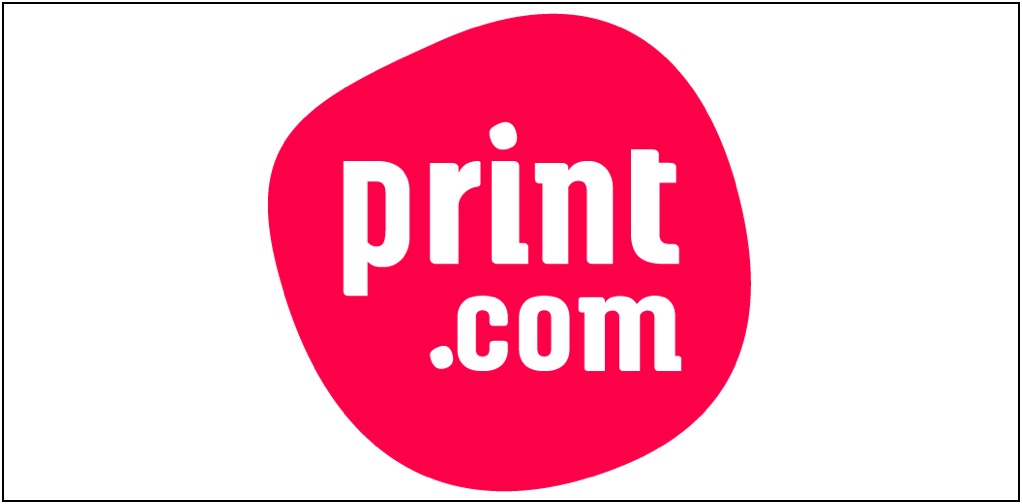Laurel Brunners Blog: Partnering for the Environment
Efforts to improve the environmental footprint of print take many forms. However the only ones likely to make a difference generally coincide with commercial interests. Owners of such efforts are in a slippery position in that they potentially lay themselves open to charges of greenwashing and exploitation, no matter how sincere their offerings. But even if greenwashing is often the case, it’s not necessarily a bad thing because it can still encourage debate and interaction. This helps break down perceived barriers separating commercial interests and environmentalism. The two are not mutually exclusive, wherever you sit on the environmental spectrum.
Industry initiatives such as Printreleaf’s efforts to create a global sustainability standard are a case in point. Printreleaf started life in the managed print services sector, providing carbon offsetting services based on the amounts of paper used for print. Printreleaf provide certified reforestation to compensate for the amounts of paper used for print media projects. The company works with SGS International, an independent certification body with a worldwide presence, and which provides the certifications.
Printreleaf claims that around the world it now plants eight trees per minute. It has expanded its remit to include customers in the commercial and packaging print sectors. Both the forestry organisation and specific replanting schemes have to be certified. Organisations are audited to check that they know their forestry, have transparent reporting procedures, are financially healthy and, crucially, that they have the right to plant trees on a given patch of land. Evidence of proper site management is also required along with compliance to the Printreleaf standard. This requires that printing companies measuring how much paper is use based on the Printreleaf Exchange (PRX) calculation methodology. The results of the PRX calculation determine how many trees are to be planted by members of the SGS worldwide network of partners. Printreleaf calculates that 8,333 US Letter pages or 37.16 kg is the equivalent of one “standard” tree. This is a tree that grows to 12 metres high and roughly 200 cm wide. SGS audits forests to verify that the trees planted survive.
Later this year PrintReleaf is introducing new software at Print 2017, a major exhibition in the USA, to help brands and print buyers to perform their own calculations. Printers can use this software to measure customers’ environmental performance and how well or otherwise they meet specific goals. This idea seems to be much more credible than carbon offsetting schemes, in that there is a direct link between printing companies and tree planting. And if Printreleaf and SGS can build a viable revenue stream on the back of it, so much the better because environmental protection and commerce are inextricably entwined.
Laurel Brunner
This article was produced by the Verdigris project, an industry initiative intended to raise awareness of print’s positive environmental impact. This weekly commentary helps printing companies keep up to date with environmental standards, and how environmentally friendly business management can help improve their bottom lines. Verdigris is supported by the following companies: Agfa Graphics, EFI, Fespa, HP, Kodak, Kornit,Ricoh, Spindrift, Unity Publishing and Xeikon.
De trainingen voor 2022 staan gereed. Kijk voor het volledige online aanbod van bestaande- en nieuwe trainingen op de website.
BLOKBOEK.COM EN PRINTMEDIANIEUWS: HET OPTIMALE DOELGROEP BEREIK




